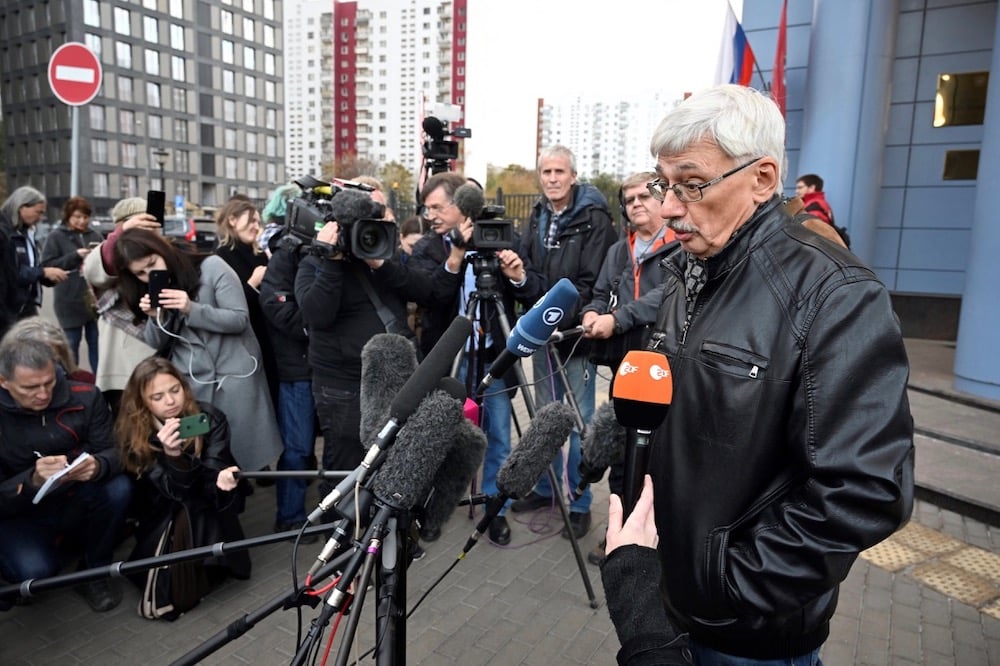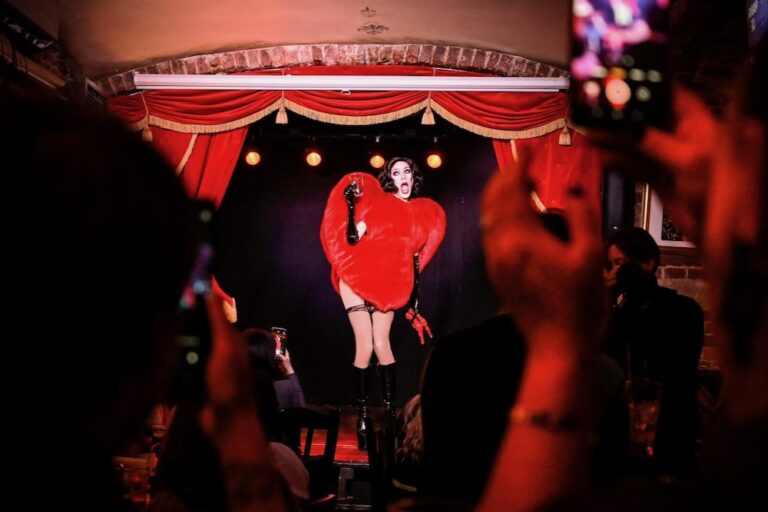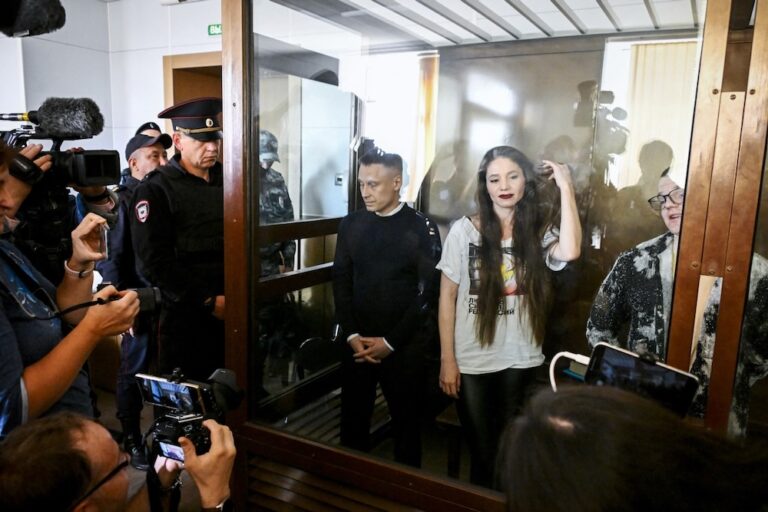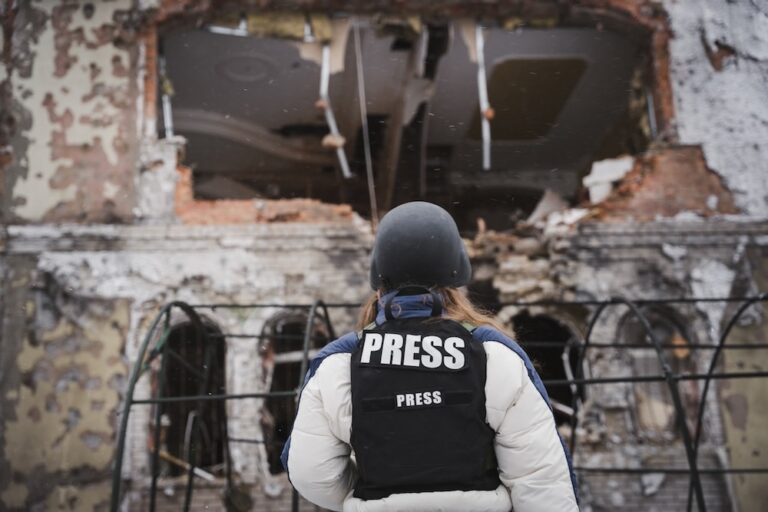On 29 April, the prosecutor's office formally indicted Oleg Orlov on charges of repeatedly "discrediting" the Russian military, for which he faces a maximum of three years in prison.
This statement was originally published on hrw.org on 1 May 2023.
Oleg Orlov faces criminal trial for war criticism
Last weekend, Russian authorities moved one step closer towards potentially locking up Oleg Orlov, one of Russia’s most prominent and outspoken human rights defenders. On April 29, the prosecutor’s office formally indicted him on charges of repeatedly “discrediting” the Russian military, for which he faces a maximum three-year prison sentence. Authorities should immediately drop the charges.
Orlov is co-chair of Memorial, a leading Russian rights group. The government shut down Memorial in 2022 as part of the Kremlin’s effort to stifle critics and human rights work. Yet Memorial’s core activists continued their human rights work, some from abroad, and some, like Orlov, from inside the country.
On March 21, criminal investigators in Moscow interrogated Orlov, informing him they had opened a criminal investigation against him for repeated acts of “discrediting” Russian armed forces, based on his single-person anti-war pickets and his social media post containing his trenchant criticism of the war and of the government’s slide toward totalitarianism and fascism. They released him later that day on his own recognizance.
War censorship laws, adopted shortly after Russia’s full-scale invasion of Ukraine, ban any commentary on Russia’s war against Ukraine that veers from the official narrative. It sets out long prison sentences for “spreading false information” about the armed forces and criminal and administrative sentences for “discrediting” Russian government actions in other countries. Under a new law, naturalized citizens found guilty of either criminal charge can be stripped of their Russian citizenship. In 2022, according to official court statistics, there were at least 4,400 guilty verdicts on administrative “discrediting” charges. According to OVD-Info, a leading Russian rights group, since Russia’s full-scale invasion of Ukraine in February 2022, at least 66 people have been criminally prosecuted on charges of “repeated” discrediting.
On the same day as Orlov’s interrogation, law enforcement searched Memorial’s office, which the government was about to confiscate, and also searched the homes of Memorial’s leading representatives – including Orlov – and homes of their family members.
The government has continued to target Memorial members with a criminal investigation on absurd criminal charges of “rehabilitation of Nazism.” During Memorial’s “liquidation” hearing, the prosecutor had ominously referenced such allegations. Russian authorities are proceeding with the investigation, likely in retaliation for Memorial’s persistent, vocal stand against the war in Ukraine and possibly for sheer malice after the group became a co-Nobel Peace Prize laureate in 2022.
The authorities are likely no less galled that Memorial, like many Russian human rights defenders, have remained in Russia even after the government closed down their legal entities, and in defiance of the Kremlin’s steamrolling persecution of dissent. Orlov’s prosecution sends a chilling signal to all of these courageous individuals.



